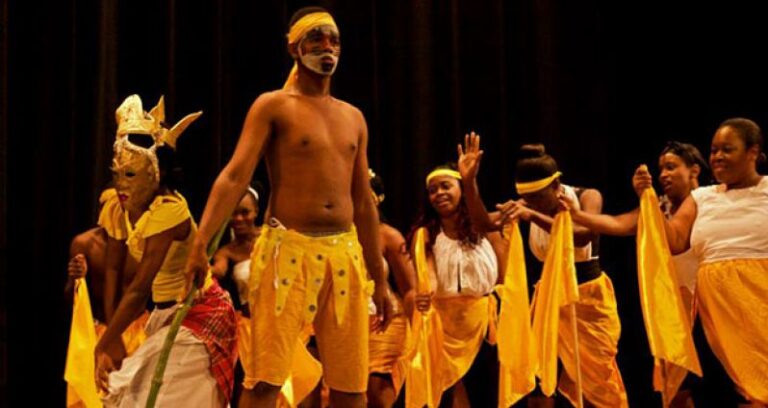The entertainment industry in Guyana is vibrant and culturally rich, shaped by the country’s Afro-Caribbean, Indo-Caribbean, Indigenous, and European influences. It spans music, dance, film, fashion, theater, comedy, and festivals, and plays a significant role in both national identity and youth expression.
Key Sectors of Guyana’s Entertainment Industry
1. Music
Guyana’s music is a mix of African, Indian, Caribbean, and Indigenous sounds.
- Genres:
- Chutney (Indian fusion with Soca)
- Reggae and Dancehall
- Soca and Calypso
- Hip Hop and Afrobeat
- Gospel and Traditional Folk
- Popular Artists:
- Vanessa Braithwaite (Chutney/Soca)
- Jumo Primo (Soca)
- Natural Black (Reggae)
- Big Red, Kwasi Ace, Carlvin Burnett
- Events:
- Mashramani (Guyana’s Republic Day, a major musical showcase)
- Carib Soca Monarch
- Gospel Music Festivals
2. Film and Television
- Emerging film scene, with local films and documentaries.
- Popular themes: social justice, culture, diaspora stories.
- TV stations like NCN, HGP TV, and CNS TV air local shows and dramas.
- Guyana Film Academy and local filmmakers are working to build capacity.
3. Comedy and Performing Arts
- Guyana has a growing comedy scene.
- Popular acts: Linden Fraser, Comedy Buzz, Henry Rodney.
- National Cultural Centre (NCC) in Georgetown hosts plays, pageants, and stand-up comedy.
4. Dance and Theater
- Includes Afro-Guyanese folk, Indian classical, modern, and fusion styles.
- Major groups:
- The Classique Dance Company
- Guyanese Cultural Association
- Theater thrives through community performances, school competitions, and national productions.
5. Fashion and Pageantry
- Strong fashion presence with events like:
- Guyana Fashion Week
- Miss Guyana pageants (Miss Universe, Miss World, etc.)
- Designers showcase both Afrocentric and Indo-Guyanese styles.
6. Digital and Social Media Content
- A new generation of entertainers is emerging via YouTube, TikTok, and Instagram.
- Guyanese influencers and content creators highlight comedy, lifestyle, culture, and social commentary.
Challenges and Opportunities
Challenges:
- Limited funding and infrastructure.
- Small domestic market.
- Need for more training and promotion platforms.
Opportunities:
- Growth of online platforms.
- Diaspora collaboration (especially in New York, Canada, UK).
- Rising tourism opens up space for cultural showcases.



